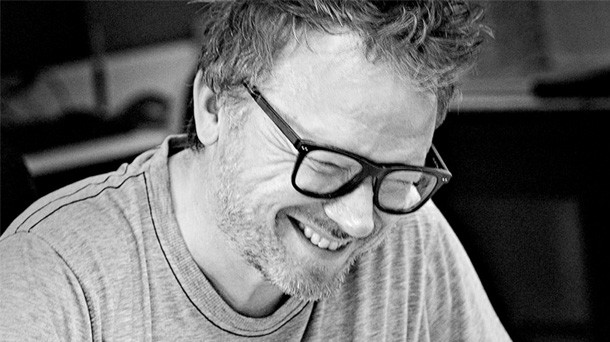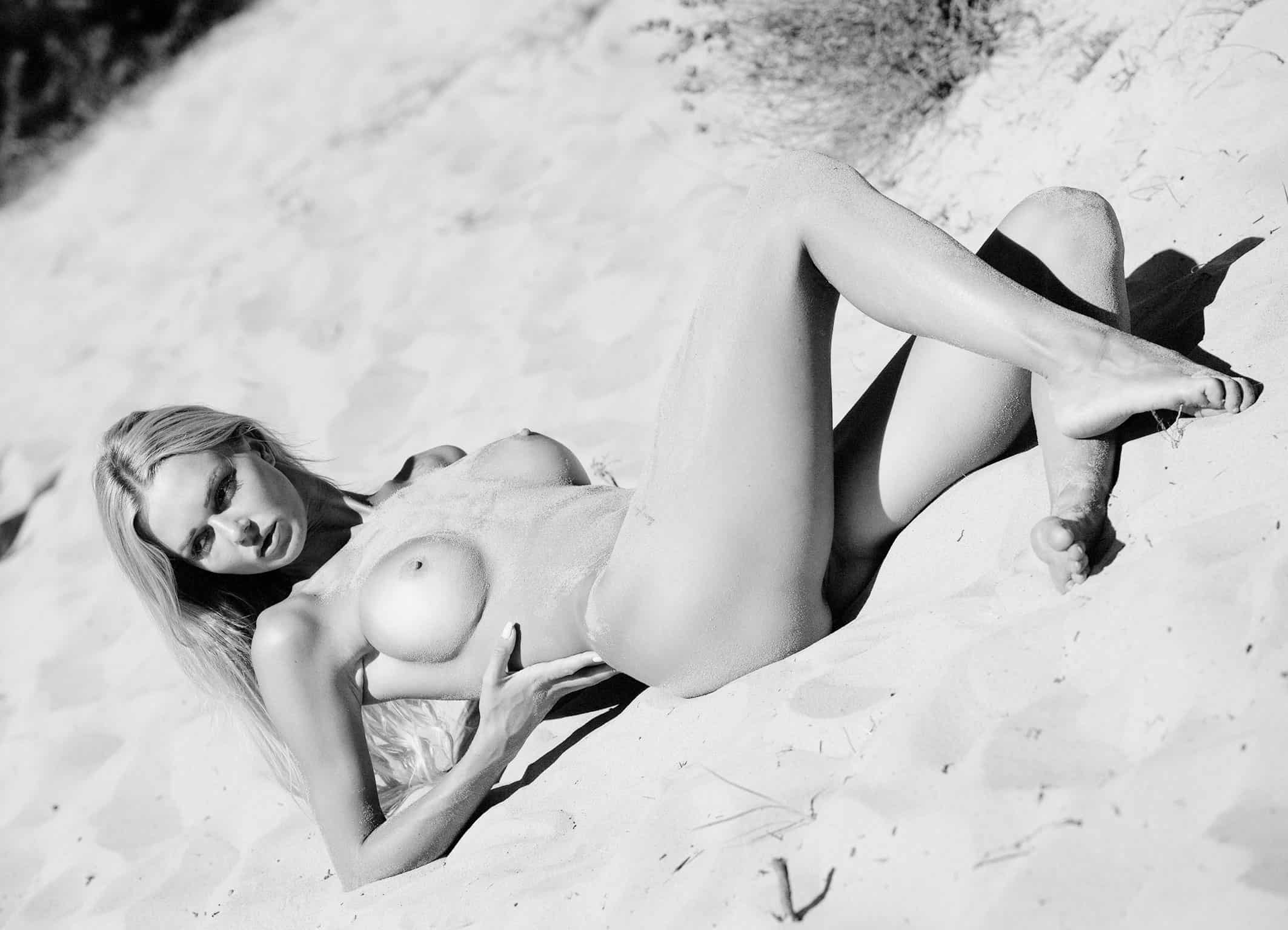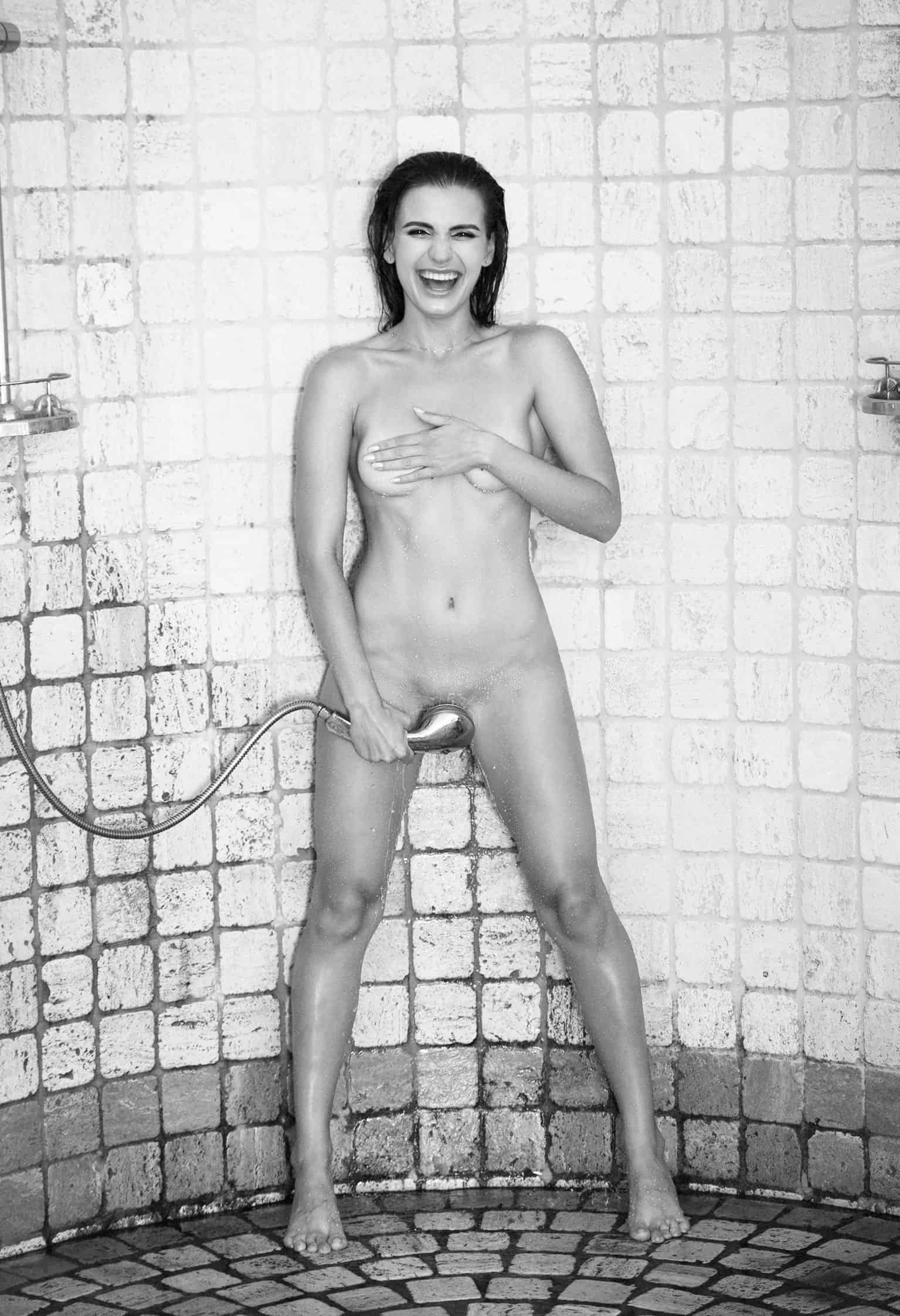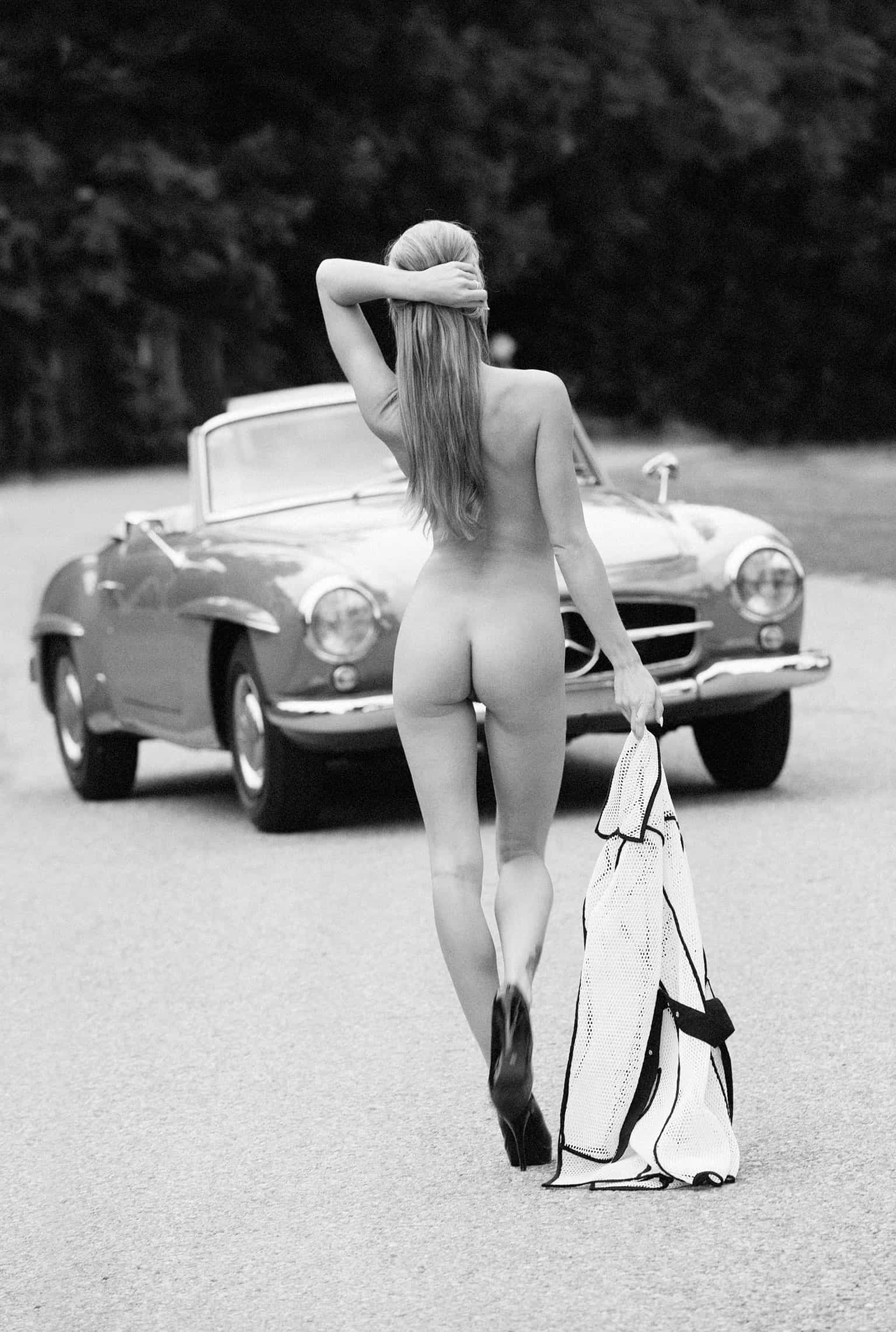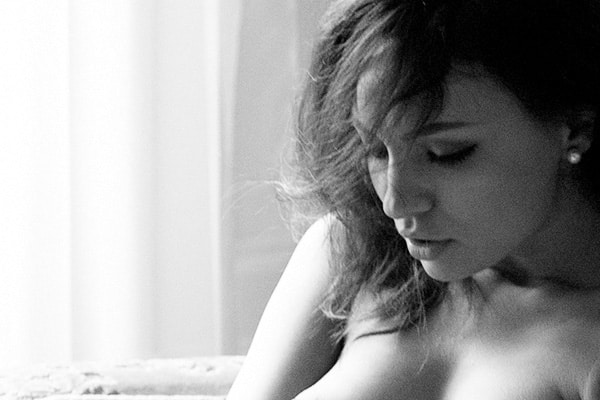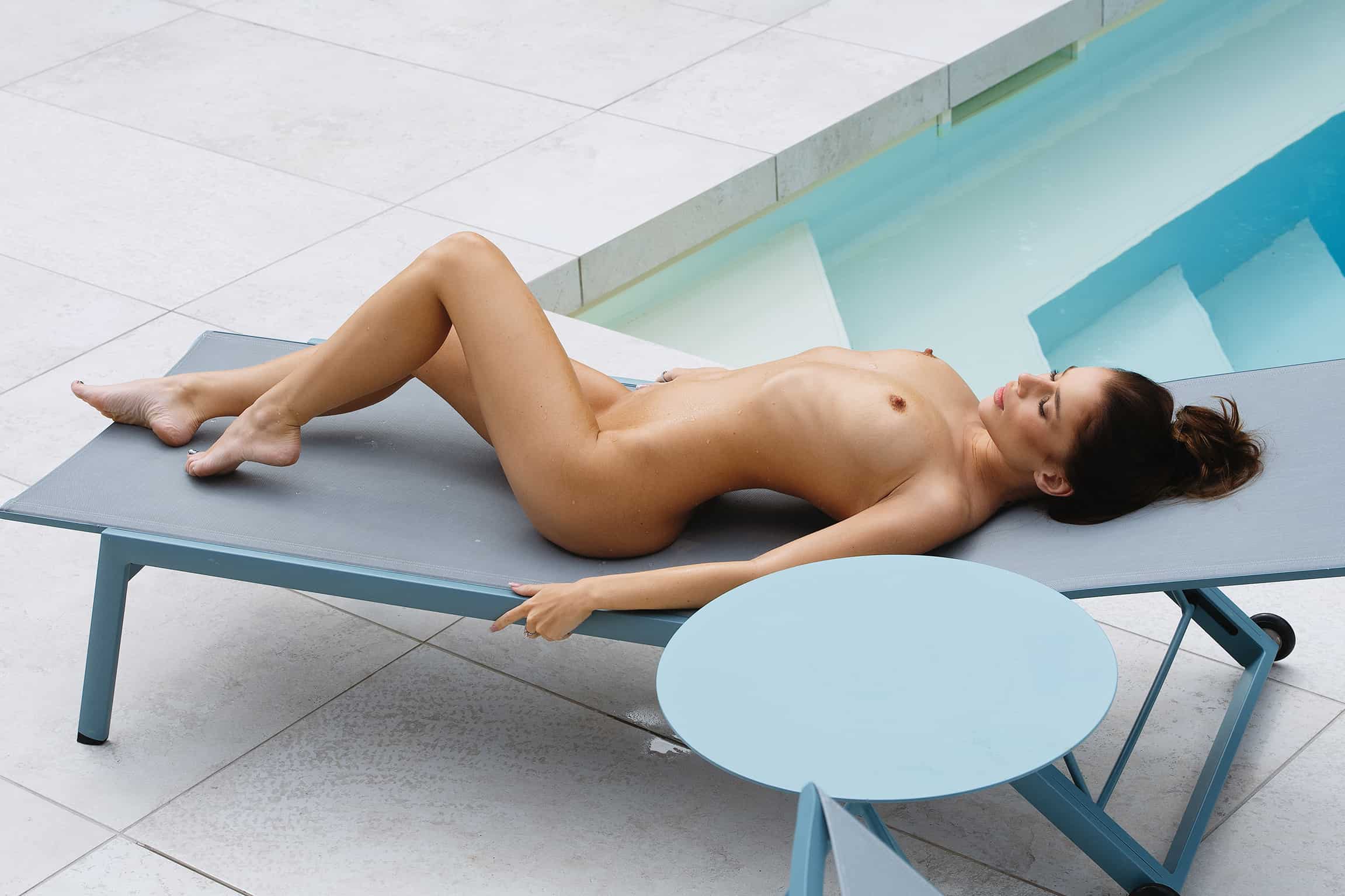
Artificial Intelligence (AI).
Many photographers have already jumped on the AI bandwagon and are using it in their work. Personally, I don't see it as being closely related to photography. Photography, especially in my field, is about communicating with the model, capturing emotions during the shoot, and experiencing a great time together to achieve outstanding results, if possible.
In contrast, generating AI-generated images involves sitting in front of a computer and typing in ideas. I wouldn't consider that as photography.
I will continue to stick with traditional photography, but I am definitely exploring the possibilities of AI. I am currently testing a project with a friend who is a specialist in AI, and the results so far are quite exciting. I can't reveal more at the moment, but there will definitely be some outcomes in one of the upcoming newsletters.
In the future, I can imagine that many photographers (including myself) will use a kind of hybrid approach. I often receive requests to restore old photos, and AI can already produce good results, for example, in colorization. However, I am less interested in image manipulations where I insert different backgrounds into a photo. Traditional photos still take precedence in my work.
Although AI offers fascinating possibilities in photography, it also poses many risks. The legal situation is still unclear, image manipulations are taken to a new level, and fake photos can soon be indistinguishable from original photographs. It is important for users to be aware of the ethical, legal, and creative aspects of AI in photography. Despite the new opportunities that technology brings, potential risks and challenges must also be considered.
Feel free to share your thoughts on this topic with me via email.
Künstliche Intelligenz ( KI )
Viele Fotografen sind bereits auf den Zug aufgesprungen und nutzen KI in ihrer Arbeit. Für mich persönlich hat das wenig mit Fotografie zu tun.
Fotografie - im Besonderen in meinem Bereich - bedeutet für mich, die Kommunikation mit dem Model, das Einfangen von Emotionen während des Shoots und das gemeinsame Erleben einer großartigen Zeit, um bestenfalls herausragende Ergebnisse zu erzielen.
Bei der Generierung von KI-Bildern hingegen sitze ich nur vor dem Computer und tippe meine Ideen ein. Das würde ich nicht als Fotografie bezeichnen.
Ich werde weiterhin bei der herkömmlichen Fotografie bleiben, jedoch die Möglichkeiten von KI durchaus ausloten. Ein Projekt mit einem befreundeten KI-Spezialisten befindet sich bereits in der Testphase, und es ist ziemlich spannend, was bis jetzt dabei herausgekommen ist. Mehr kann ich noch nicht verraten, aber es wird sicher in einem der nächsten Newsletter ein paar Ergebnisse geben.
In der Zukunft könnte ich mir vorstellen, dass viele Fotografen ( so auch ich ) eine Art Hybrid-Ansatz verwenden werden. Ich bekomme immer wieder Anfragen alte Fotos zu restaurieren, hier können beispielsweise bei der Colorierung schon gute Ergebnisse erzielt werden. Was mich weniger bis gar nicht interessiert sind Bildmanipulationen, wo ich andere Hintergründe in ein Bild einbaue. Hier hat das herkömmlich entstandene Foto nach wie vor den Vorzug bei meinen Arbeiten.
Obwohl KI in der Fotografie faszinierende Möglichkeiten bietet, birgt es auch viele Risiken. Die rechtliche Situation ist noch völlig unklar, Bildmanipulationen werden auf ein neues Level gehoben, Fake-Fotos sind von Originalfotografien bald nicht mehr zu unterscheiden. Es ist wichtig, dass Anwender sich bewusst mit den ethischen, rechtlichen und kreativen Aspekten von KI in der Fotografie auseinandersetzen. Trotz der neuen Chancen, die die Technologie bietet, müssen auch die potenziellen Risiken und Herausforderungen berücksichtigt werden.
Schreib mir gerne deine Gedanken zu diesem Thema per Mail.
